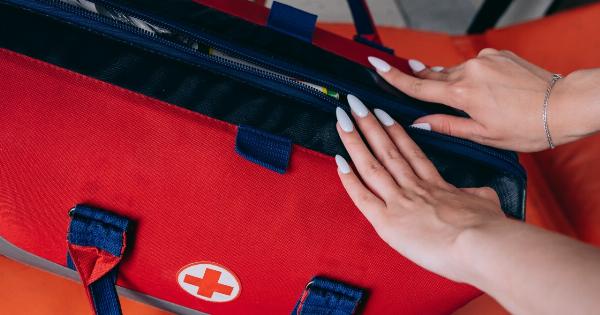Non-stick pans are a popular choice among cooks and chefs as they make cooking and cleaning up a breeze.
However, recent studies have shown that a minor scratch in a non-stick pan can lead to the release of harmful chemicals, which can be detrimental to both human health and the environment.
What are non-stick pans?
Non-stick pans, as the name suggests, are cooking pans that have a non-stick surface. This surface is usually made up of a layer of polytetrafluoroethylene (PTFE), which is also known as Teflon.
The PTFE layer prevents food from sticking to the pan and makes cleaning up a lot easier.
What are the health concerns associated with non-stick pans?
While non-stick pans make cooking easier, they come with their own set of health concerns. When exposed to high temperatures, PTFE can release harmful chemicals such as perfluorooctanoic acid (PFOA) and perfluorooctane sulfonic acid (PFOS) into the air.
These chemicals can be harmful when inhaled and can cause a range of health problems such as respiratory issues, thyroid problems, and even cancer.
However, it’s worth noting that these health concerns only apply when non-stick pans are exposed to high temperatures. When used as directed, non-stick pans are generally safe.
However, a minor scratch in the non-stick surface can cause the release of these harmful chemicals, even at lower temperatures.
What happens when a non-stick pan is scratched?
When a non-stick pan is scratched, the PTFE layer can become damaged. This damage can cause the release of harmful chemicals, especially when the pan is heated. These chemicals can then be released into the air and inhaled, causing health problems.
It’s worth noting that not all non-stick pans are created equal. Some non-stick pans use ceramic or diamond coatings, which are generally considered safer than traditional PTFE-based non-stick coatings.
However, even these pans can release harmful chemicals if scratched or damaged.
How to minimize the release of chemicals from non-stick pans
If you’re concerned about the release of harmful chemicals from non-stick pans, here are a few tips to help minimize the risk:.
- Avoid using metal utensils on non-stick pans as they can scratch the surface. Use silicone, wood, or plastic utensils instead.
- Don’t overheat your non-stick pans. Keep the temperature low to avoid causing damage to the non-stick surface.
- Consider using ceramic or diamond-coated non-stick pans instead of traditional PTFE-based non-stick pans.
- Replace your non-stick pans if you notice any scratches or damage to the surface.
Conclusion
Non-stick pans are a convenient and popular choice for many cooks and chefs. However, a minor scratch in a non-stick pan can cause the release of harmful chemicals, which can be detrimental to human health and the environment.
If you’re concerned about the release of these chemicals, consider using ceramic or diamond-coated non-stick pans or be mindful of how you use and care for your non-stick pans.































